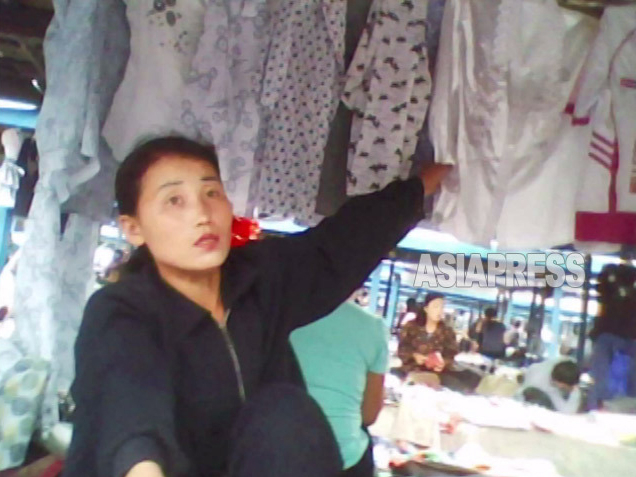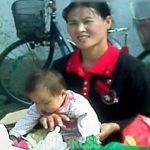
◆ “If the blockade continues, there will be panic”
In a bid to prevent the novel coronavirus from spreading through China and into North Korea, authorities last week sealed off the border with China, blocking the flow of people and goods. The impact of this move is already being felt across the country, with the subsequent rise in market prices has led to a growing sense of anxiety among residents. (Kang Ji-won/ISHIMARU Jiro)
The first signs of the blockade’s effect became evident on January 31.
A reporting partner living in northern Ryanggang Province reported, “The prices of Chinese-made goods have began to rise. The price of tangerines rose from 4 to 6 RMB per kilogram. The cost of 5 kilograms of cooking oil rose from 37 to 40 yuan. The prices of car parts, herbal medicine, shoes, and miscellaneous goods also rose by 5-10%. There is a growing concern that the blockade at the Chinese border will be prolonged and that goods will not come through.”
In North Korea’s central and northern regions, the RMB has become the primary currency, with the prices of goods and services even listed in RMB. As of February 2, the exchange rate value of 1 RMB was 1,250 North Korean won (roughly 172 South Korean won).
Rumors have been spreading that the markets may be shut down in order to prevent infection, subsequently causing a panic amongst ordinary people who rely upon small, private business to make ends meet. As of February 2, the markets were not closed down, though the sale of live animals such as poultry and rabbits had apparently been banned.
Next page :Prices continue to rise...

























